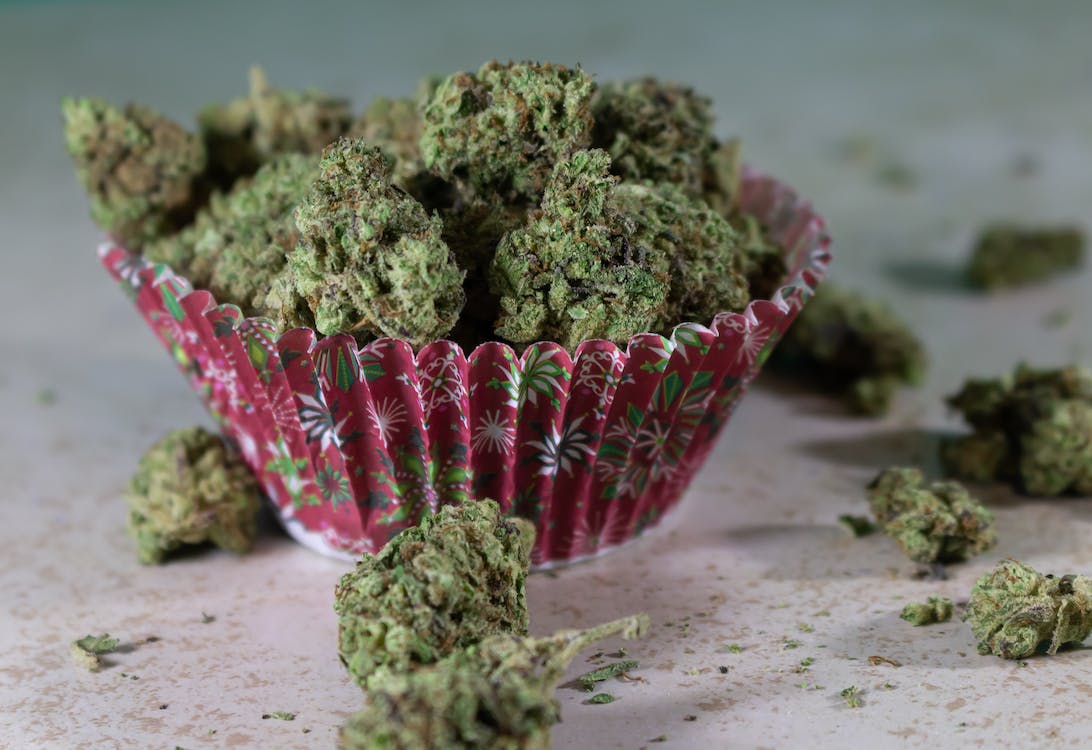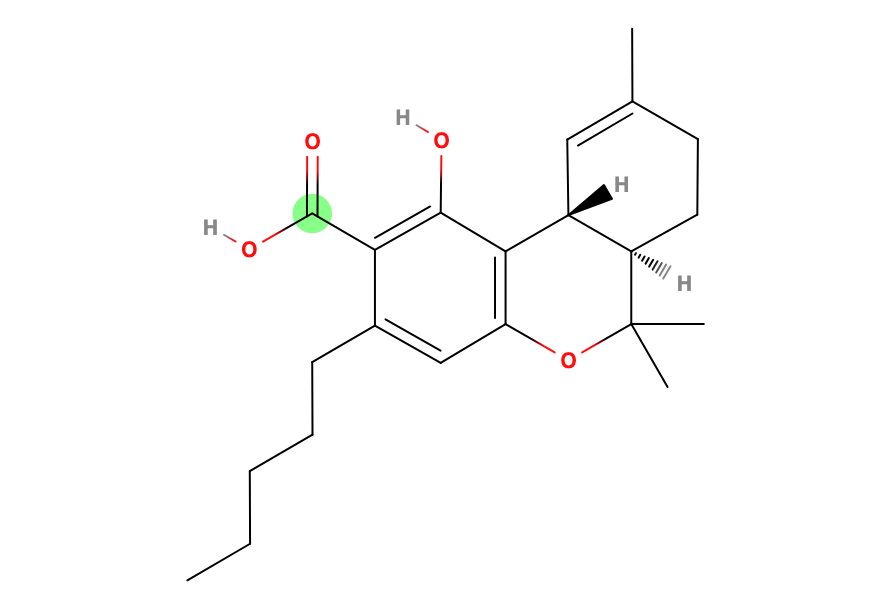THCA vs THC: What's the Difference?

Lev Asked
What is THCA?
Summary

Answer
Thank you for your question! Let's dive right in to understand more about the difference between THC and THCA.
What Is THCA?
THCA, or tetrahydrocannabinolic acid, is a naturally occurring compound in cannabis plants. THCA is the acidic precursor of tetrahydrocannabinol, THC, the primary psychoactive compound in cannabis. It may come as a surprise, but THC is actually not present in high amounts in the cannabis plant itself. The precursor to THC, THCA is usually more abundant.
THCA has an additional carboxylic group attached to its molecular structure.

What is the Difference between THCA vs. THC?
In contrast to THC, THCA does not produce a "high" effect. This means that it does not produce the euphoria typically associated with the use of cannabis. This is because the presence of a carboxyl group in THCA prevents it from binding to cannabinoid receptors.
This is why THCA has effects that are much different compared to THC! However, when THCA is heated it gets converted to THC through a process called decarboxylation. In the decarboxylation reaction, the carboxyl group present in THCA is removed, thereby transforming THCA into THC.
Heat is an essential catalyst for this reaction. This just means that heat helps speed the chemical reaction up. Heating cannabis to a temperature of at least 200-245ºF for around 30 minutes is usually enough to achieve conversion, but higher temperatures (like those produced by burning or vaporizing the plant) also readily convert large amounts of THCA into THC. No wonder these are common methods of consuming cannabis.
Those experienced or interested in baking edible cannabis products benefit from understanding this reaction. Most people know that it is important to know what temperature to set the oven at in order to achieve adequate conversion of THCA to THC without burning up what they are baking!
What are the Effects of THCA?
The clinical effects of THCA are still in the preliminary phases of research. However, studies show that it has the potential to offer several therapeutic benefits on its own.
Anti-inflammatory properties shown by this cannabinoid can play a vital role in reducing inflammation. Hence, THCA may benefit conditions such as arthritis and autoimmune diseases. The compound may also have neuroprotective properties. This could mean that THCA may prove beneficial for neurological diseases such as Parkinson's disease and Multiple Sclerosis.
Patients who undergo chemotherapy often suffer from nausea and vomiting due to the effects of their medication regimens. THCA has demonstrated antiemetic effects, so it could very well become a potential option for managing nausea and vomiting associated with chemotherapy.
Last, but not least, THCA has also exhibited some anti-cancer properties, inhibiting the growth and spread of cancer cells.
It's important to note that while these preliminary studies show promise, more research is ultimately needed before one can be one hundred percent sure about THCA's effects on the human body. While it is certainly exciting, we would never forgo proven treatments in favor of THCA just yet, until more research confirms these findings.
Concluding Remarks
THCA has effects that are quite different in comparison to THC. But before you start taking THCA products, it is best to consult your healthcare provider and pharmacist. Informing them about all your medications, including over-the-counter medications, vitamins, supplements, and natural products, can help you decide if THCA products suit you. Again, we wouldn't recommend choosing these products over more established and proven treatments.
- Tetrahydrocannabinolic acid is a potent PPARγ agonist with neuroprotective activity (PubMed).
- Tetrahydrocannabinolic acid reduces nausea-induced conditioned gaping in rats and vomiting in Suncus murinus (PubMed).
- Anti-Inflammatory Activity in Colon Models Is Derived from Δ9-Tetrahydrocannabinolic Acid That Interacts with Additional Compounds in Cannabis Extracts (PubMed).

